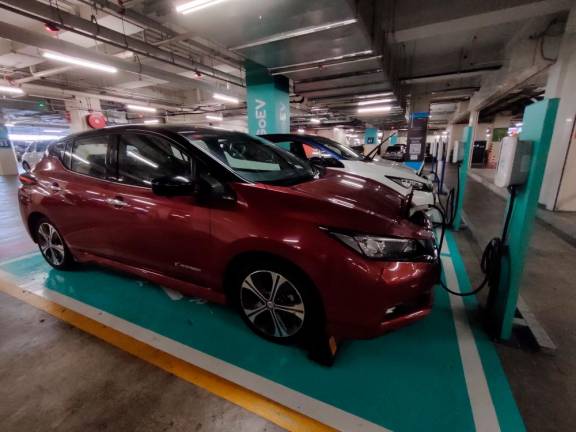PETALING JAYA: The Malaysian electrical and electronics (E&E) sector should seize the opportunities arising from the escalating US-China trade war to further grow the industry, said The National ICT Association of Malaysia (Pikom).
Its chairman Ganesh Kumar Bangah said as in any trade wars, there were opportunities that should not be missed, especially in terms of investments.
“It is timely for Malaysia to leverage on that opportunities... so we need to have concerted efforts and strategies to attract foreign investments into the country,” he told a press conference here today.
The association today unveiled a rebranded Outsourcing Malaysia, which now referred to as OM.
OM is an initiative of the Global Business Services industry and a chapter of Pikom.
Elaborating further, Ganesh pointed out that as a result of the technology war, Apple had announced that it was seeking a new country to host its new manufacturing facility outside China, with Malaysia being one of the potential countries.
According to Nomura Global Markets Research in its 50-page report, Malaysia is the fourth largest beneficiary of the trade diversion that resulted from the trade war that caused the two competitive giants seeking import alternatives.
Besides Malaysia, the research firm also identified Vietnam, Taiwan, Chile and Argentina as among the largest beneficiaries of the trade diversion.
Meanwhile, OM chairman Cheak Kok Hoong who is on the same page as Ganesh called on the Malaysian government to collaborate with other Asean member countries to bring in more investments into the region.
“There are things Asean governments need to look at, mainly in policies which involve working permits and visa so that we can further ease of doing business in the region,” he said.
Cheah also shared that Malaysia’s global business services outlook to be around US$7 billion or approximately RM28 billion, up from OM’s previous projection of US$4.7 billion.
“Multinational companies like to bring investments into Malaysia because the cost of arbitrage here is low on top of our (complete) infrastructure, network connectivity, our multilingual (societies) and of course the government and its agencies incentives.
“All these are the instrument to entice investors into the country,” he said.














